Szarban úszással színesedhet a 2016-os riói olimpiai játékok palettája

Az Associated Press által nyilvánosságra hozott vizsgálat eredménye szerint nagyon súlyos fertőzéseket is kockáztathatnak majd azok a sportolók, akiknek azokon a versenyhelyszíneken kell majd indulniuk, melyek közegészségügyi állapotát most vizsgálták meg, egy évvel a riói olimpia előtt.
A vizsgálat egyetlen olyan nyílt vízi helyszínt sem talált Rióban, ahol biztonságos lenne úszni vagy akár csak vízi eszközzel versenyezni. A brazil szervezők, akik négymilliárd dolláros víztisztítási és fertőtlenítési programot ígértek korábban, most is fogadkoznak, hogy jövőre majd rendben lesz a víz.
A Guanabara-öböl állapota mindenesetre most különösen súlyos, több, a helyszínt megtekintő vitorlázó azt mondta, hogy ez a legmocskosabb versenyhelyszín, amit valaha látott. A vitorlások majdani útját még egy évvel a kezdés előtt is kidobott bútorok, döglött állatok és rengeteg szemét szegélyezi. Rio kormányzója, Luiz Fernando Pezao azt azért elismerte, hogy nem lesz elég idejük, hogy az öblöt teljesen megtisztítsák jövő augusztusig. A szennyvizet ugyanis Brazília jelentős részén nem kezelik, a csövek jellemzően csak belefutnak folyókba, nyílt vizekbe.
Most volt olyan vizsgálat, ami a járványt okozó vírusból akkora mennyiséget mutatott ki, aminek 1,7 milliomod része is vészhelyzetet okozna Kaliforniában. Az ennyire szennyezett vízből elég, ha három kávéskanálnyi kerül a szervezetbe, és akkor már 99 százalékos eséllyel megtörténik a fertőzés. Szakértők azt mondják, hogy a versenyzőknek érdemes lehet jóval előbb a helyszínre utazniuk, hogy az immunrendszerüknek legyen esélye felvenni a harcot a fertőzésekkel, és ne a verseny legfontosabb pár napja alatt legyenek rosszul.
Több sportszövetség képviselője viszont már előre felháborodott, szerintük hatalmas kockázatnak teszik ki mindezzel a sportolókat, egy fertőzés miatt négy év munkája is elúszhat. Az olimpiai pályázatában Brazília nyolc szennyvíztisztító épületet ígért az öböl köré, de ebből végül csak egy épült meg. (Independent)
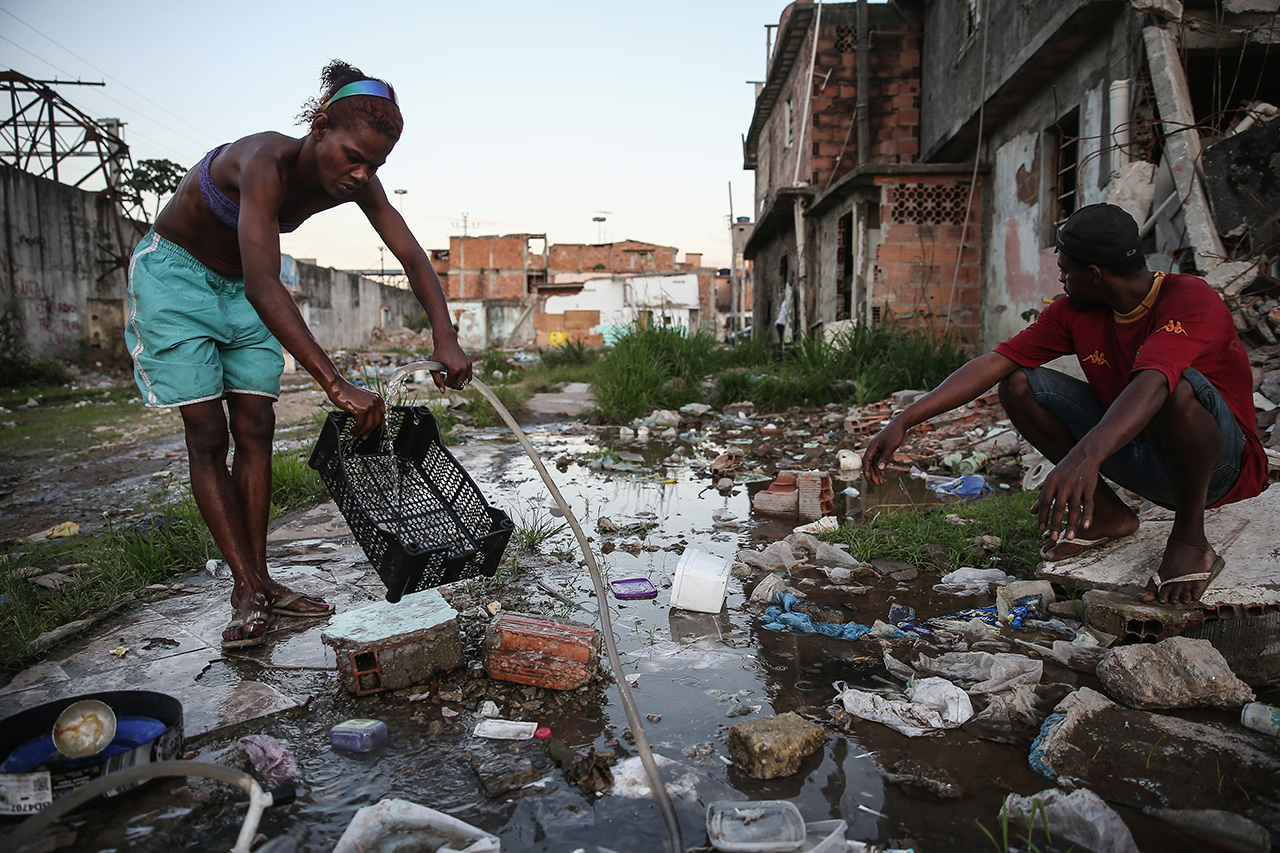
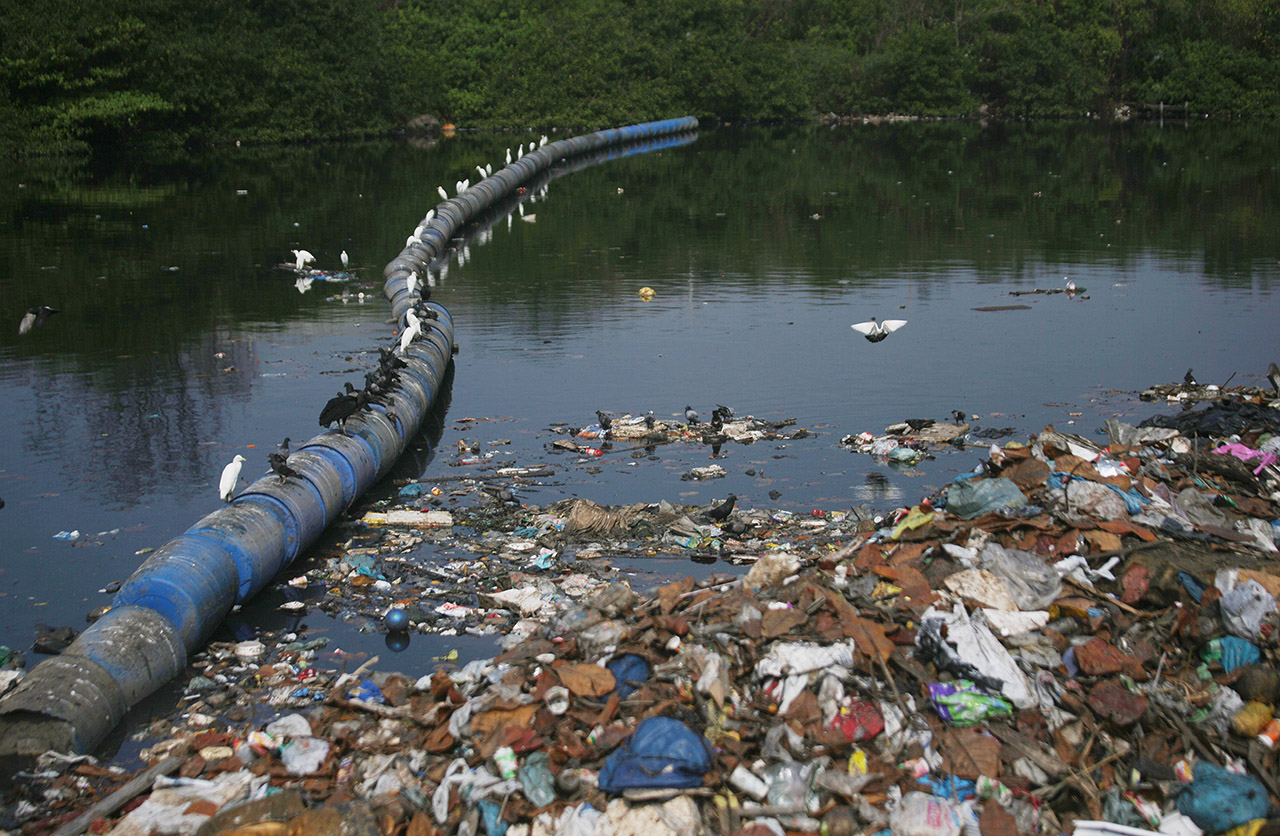

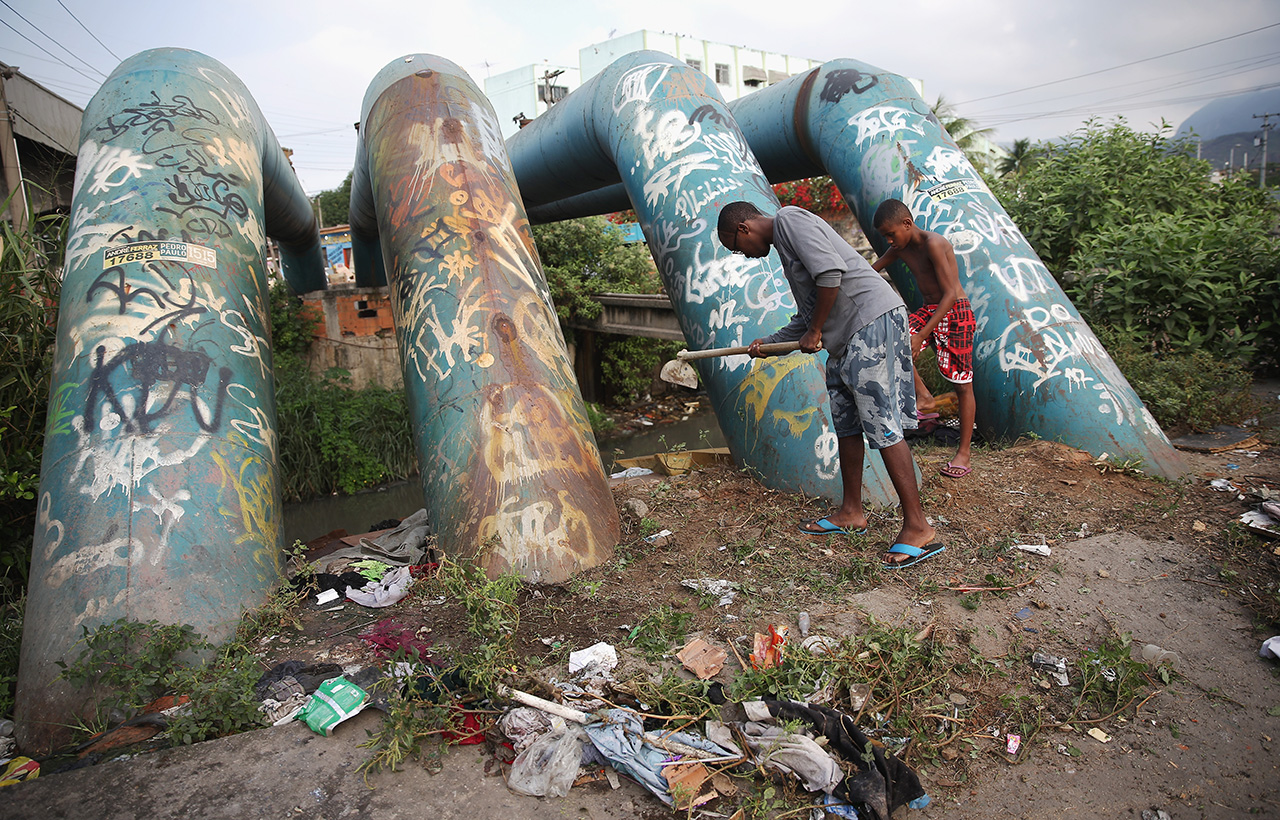
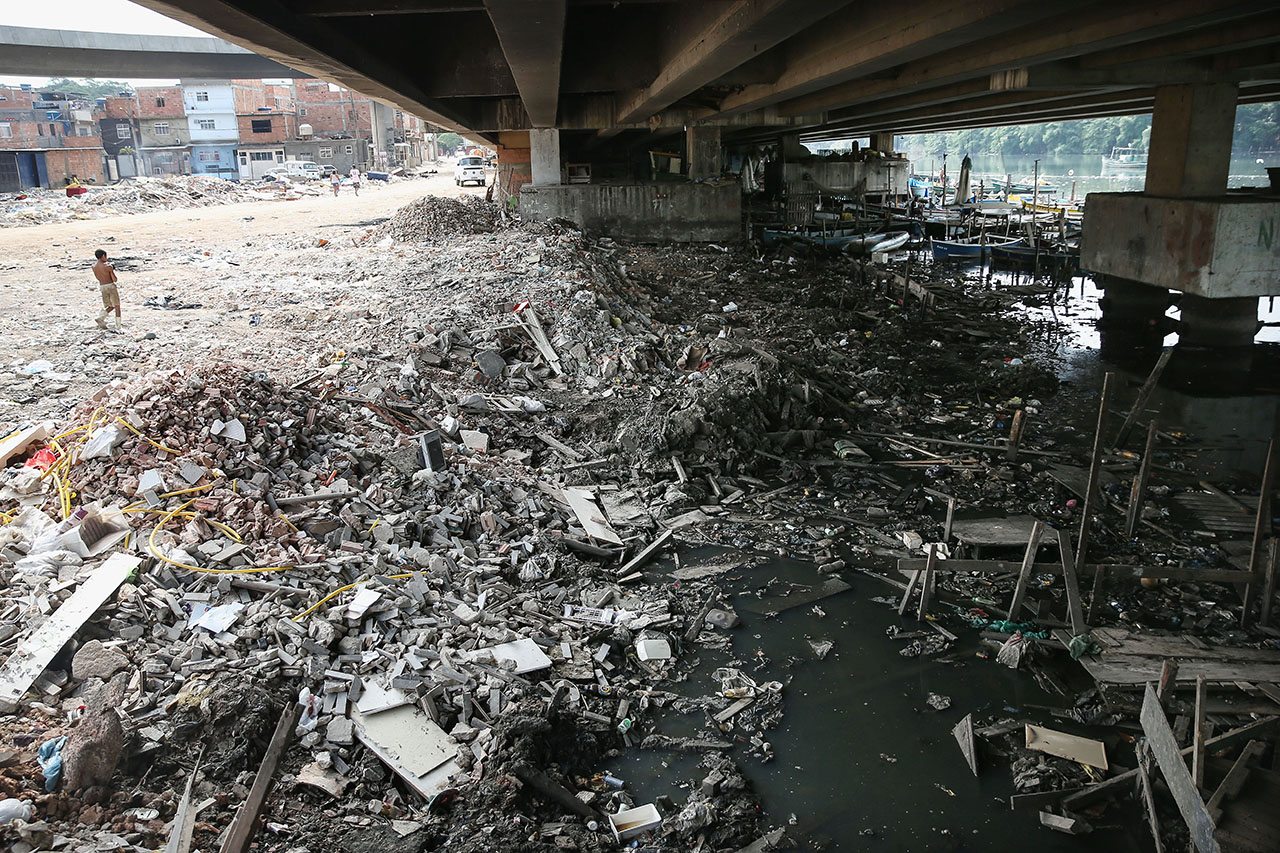


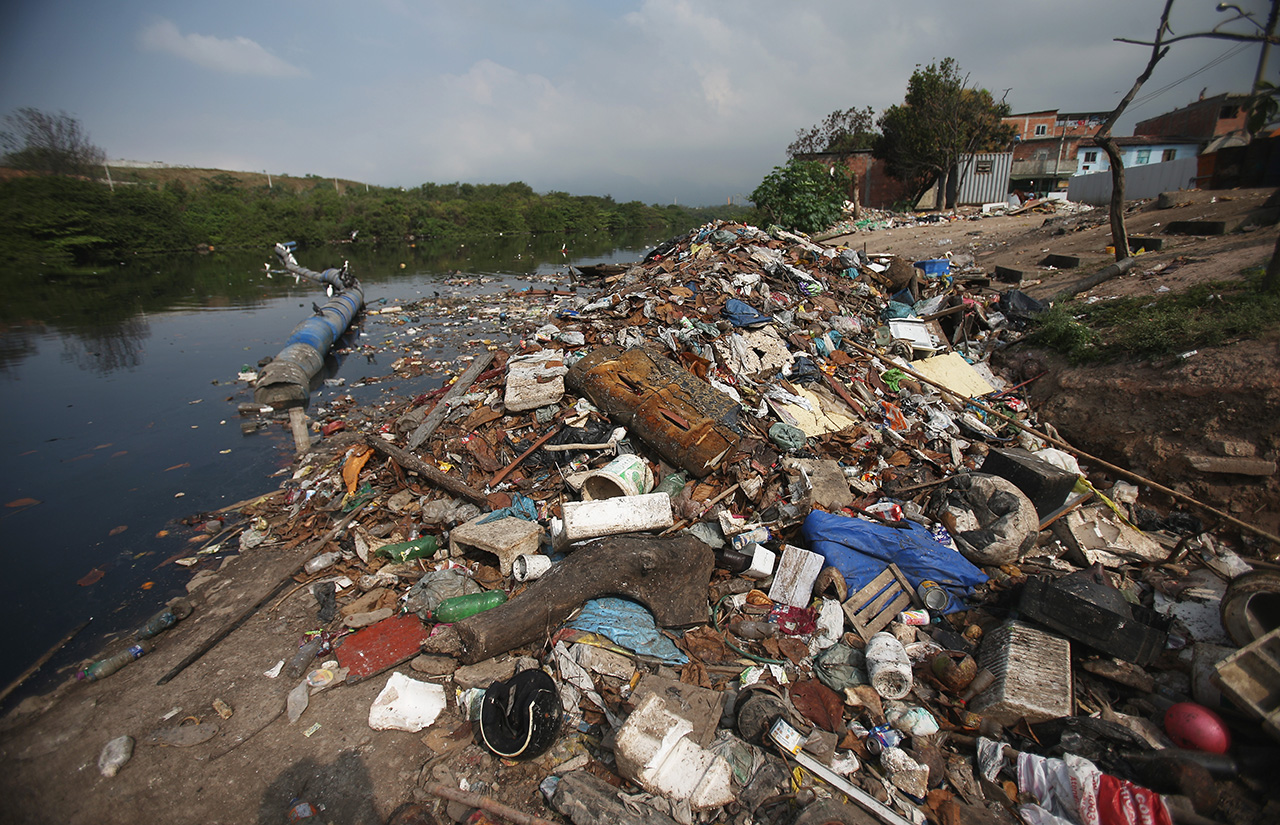
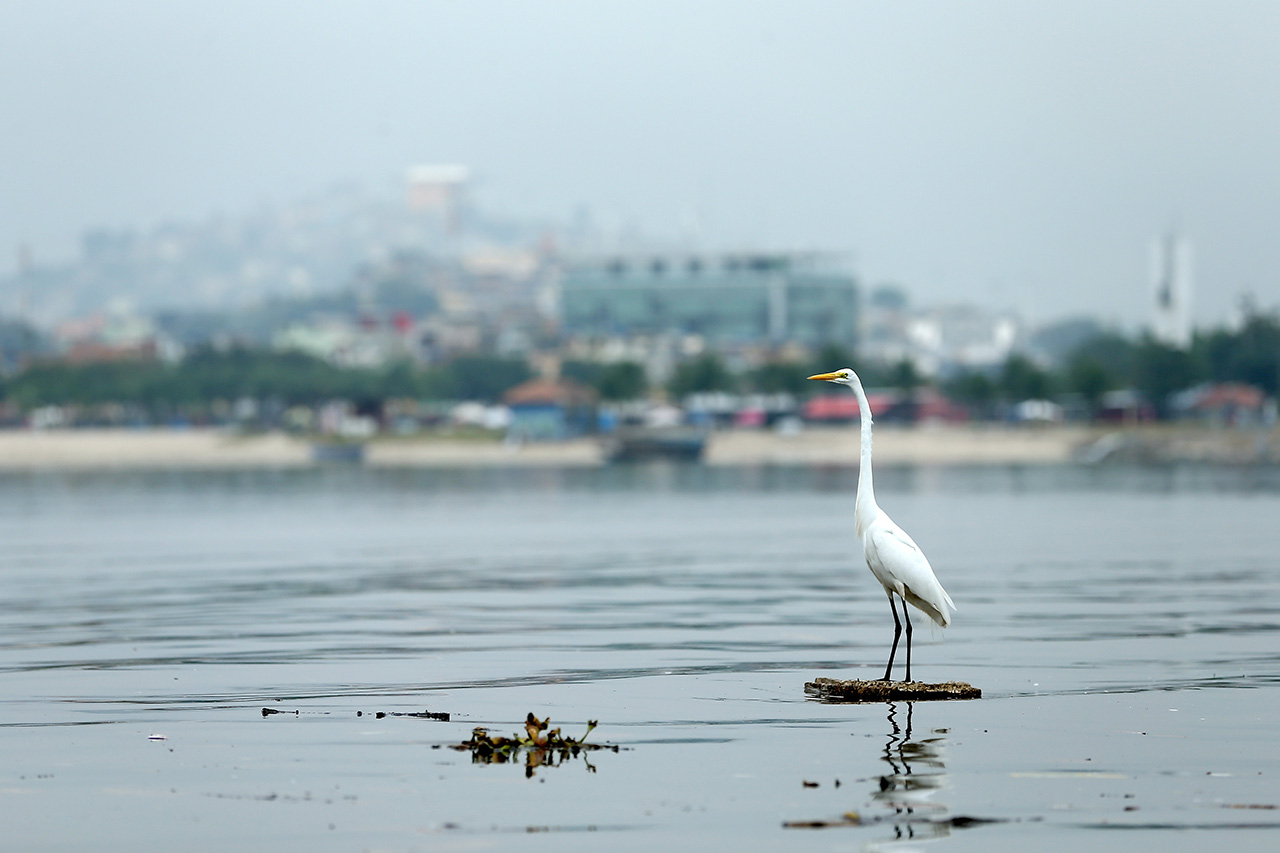
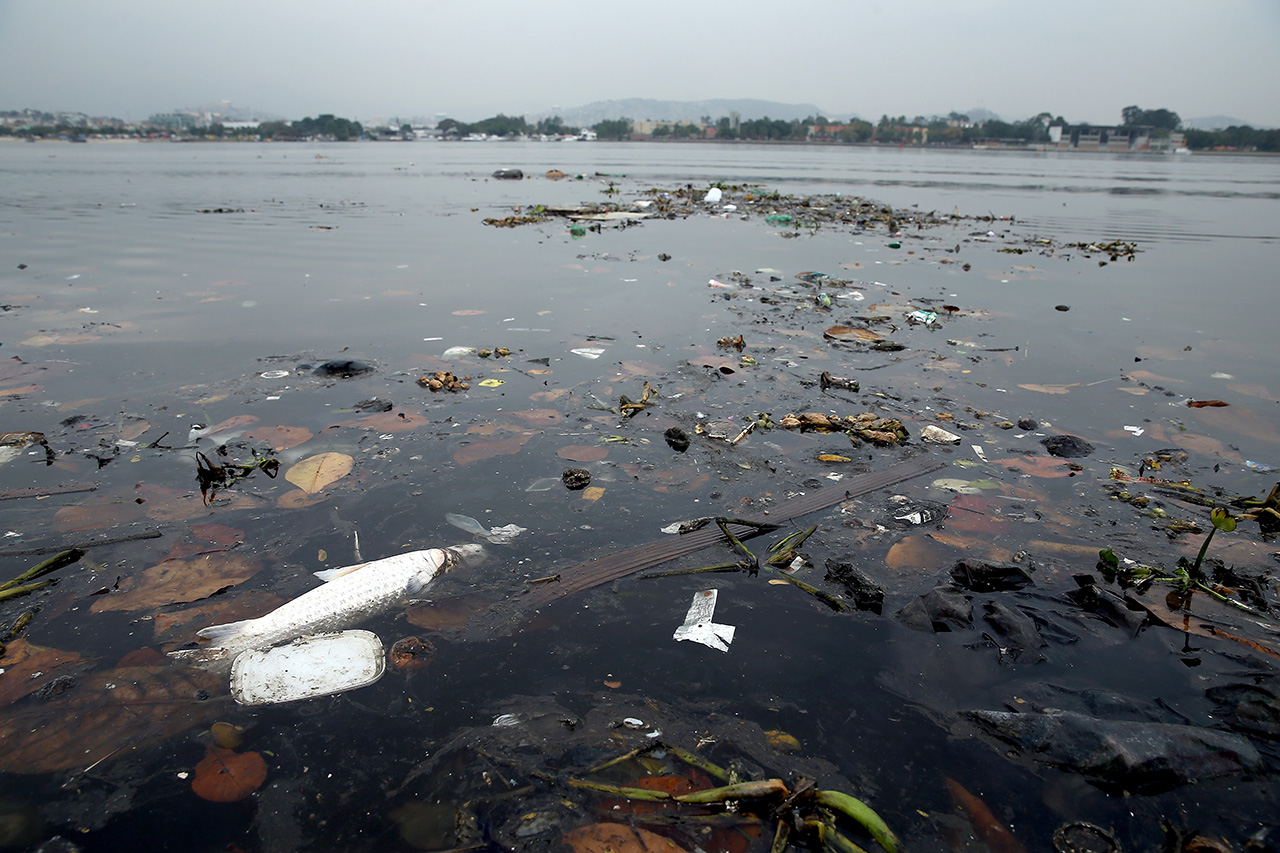
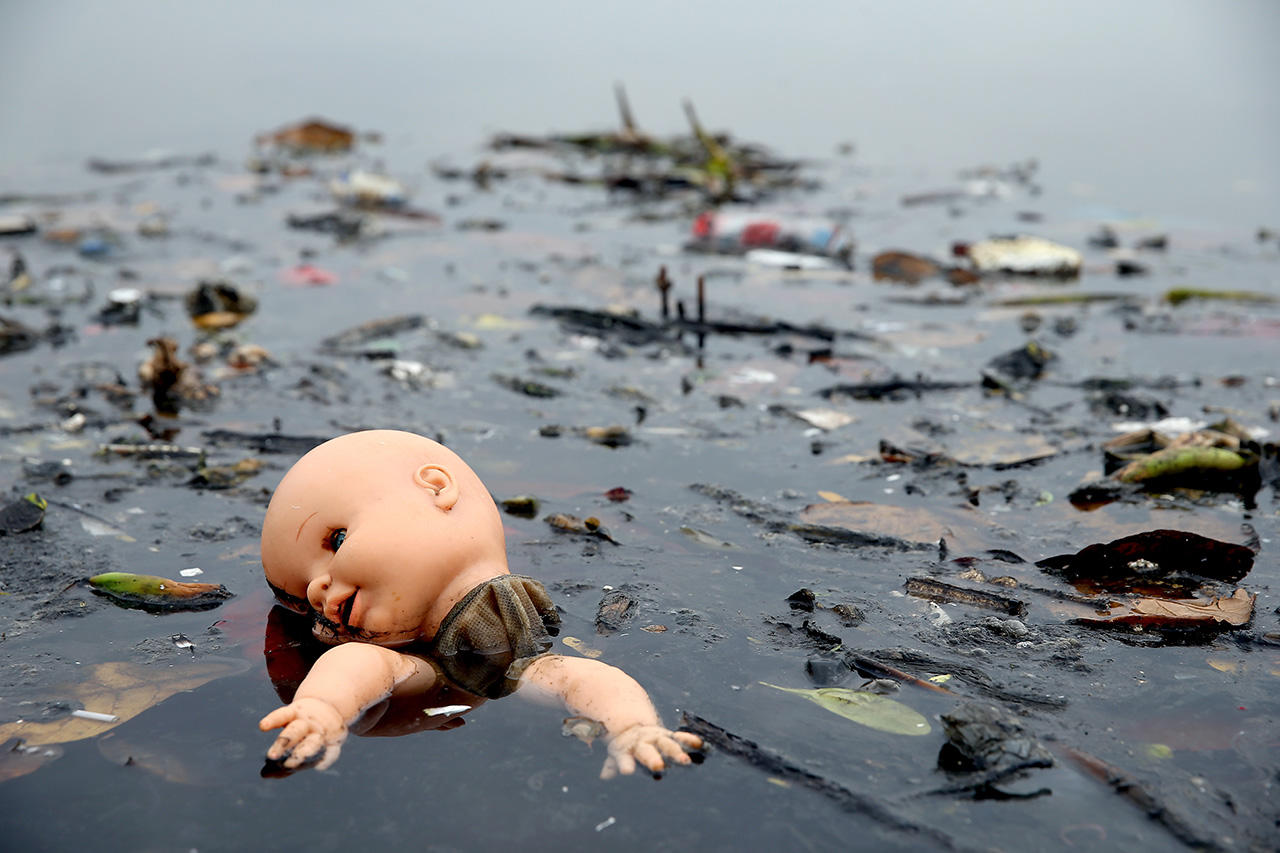
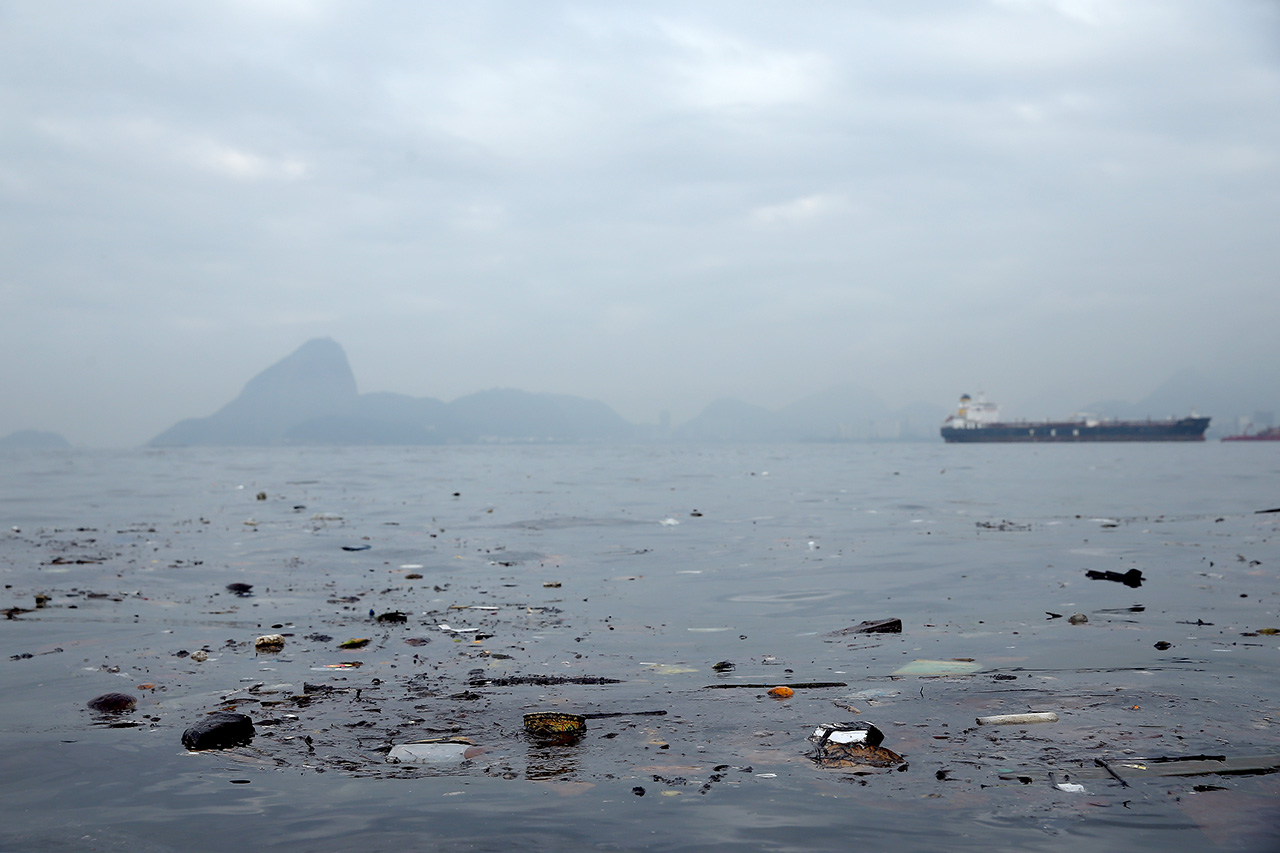
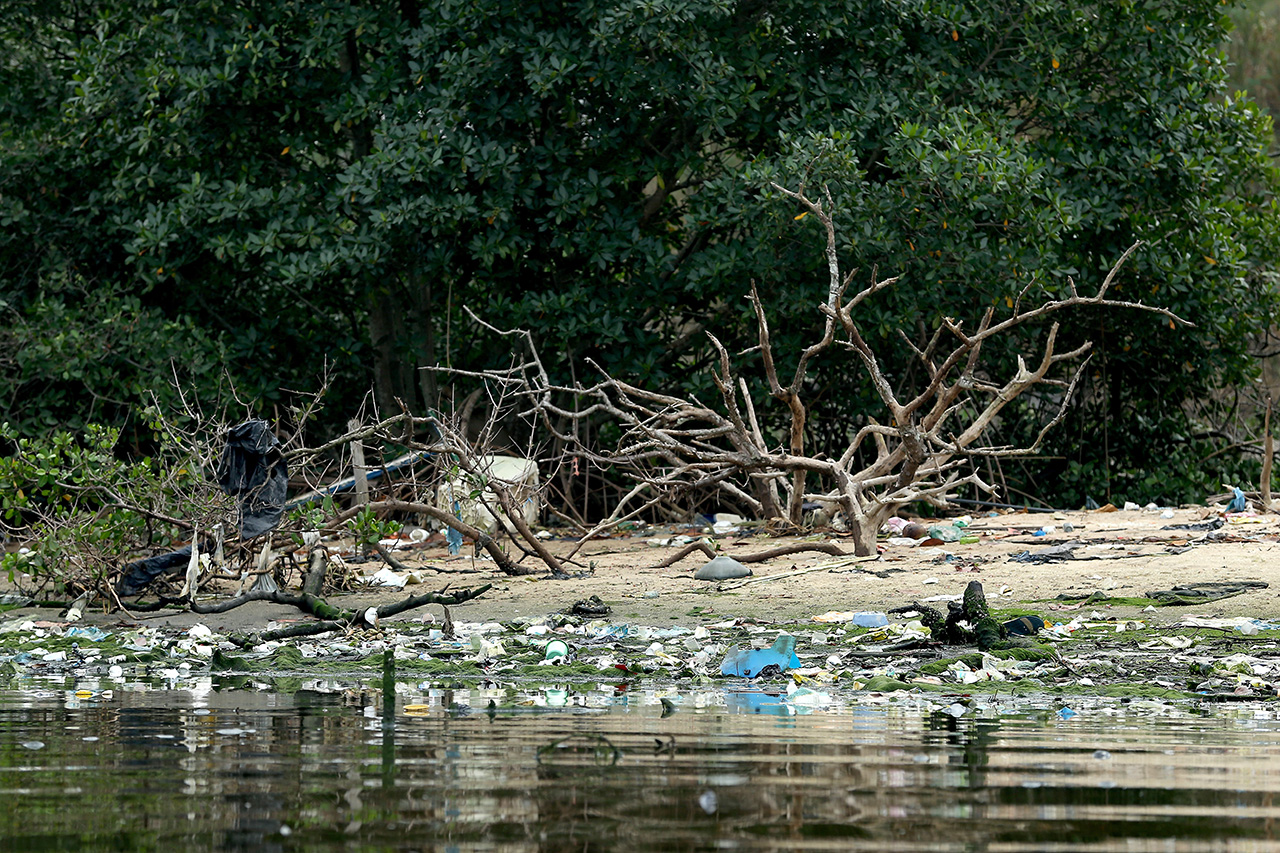
Kommentek
Közösségünk messze túlnyomó többségének jószándéka és minden moderációs igyekezetünk ellenére cikkeink alatt időről-időre a kollégáinkat durván sértő, bántó megjegyzések jelentek meg.
Hosszas mérlegelés és a lehetőségeink alapos vizsgálata után úgy döntöttünk, hogy a jövőben a közösségépítés más útjait támogatjuk, és a cikkek alatti kommentelés lehetőségét megszüntetjük. Közösség és Belső kör csomaggal rendelkező előfizetőinket továbbra is várjuk zárt Facebook csoportunkba, a Közértbe, ahol hozzászólhatnak a cikkeinkhez, és kérdezhetnek a szerzőinktől is.